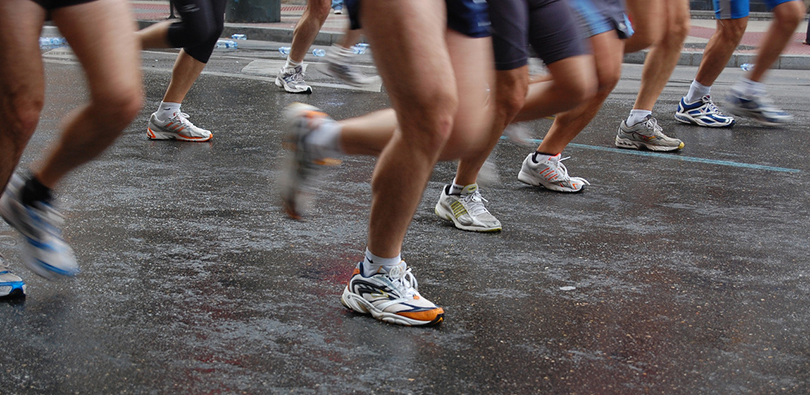
Researchers from Loughborough University and the NCSEM are looking for male and female participants to take part in a study which explores the effect of endurance running on male bone health.
Research has found that the high energy demands and low body fat of competitive endurance running means that women in this sport are at particular risk of developing the female athlete triad.
The triad, consisting of disordered eating, amenorrhea, and low bone density, can lead to increased risk of stress fracture and osteoporosis later in life.
However, the effects of low energy availability are less well known in male athletes. It is a possibility that high volume endurance running while maintaining a low body weight may be equally as detrimental to bone health in male runners.
The aim of this pilot study is to compare the results from both males and females to determine whether the factors affecting bone health in female athletes have the same effect on the health of male endurance athletes.
Participants who want to take part should be:
- Male aged 18-30 or female aged 18-45
- A non-smoker
- Completing at least 30 miles of endurance running each week
- No recent history of fractures or surgeries on bone
- Not on any medications which can affect bone health (eg. Corticosteroids)
The study consists of one lab session where participants will be required to take part in a body composition examination (looking at percentage muscle, fat, and bone) as well as a bone density assessment. Female participants will also need to provide a blood sample.
Participants will complete a health questionnaire, as well as a food and training diary to determine energy intake and output.
You will also have the option to have your diet diary analysed in a nutrition consultation provided by a Sports Nutrition Masters student.
For more information about the study, please contact Shannon Fizer, Hayley Munn or Dr Katherine Brooke-Wavell.